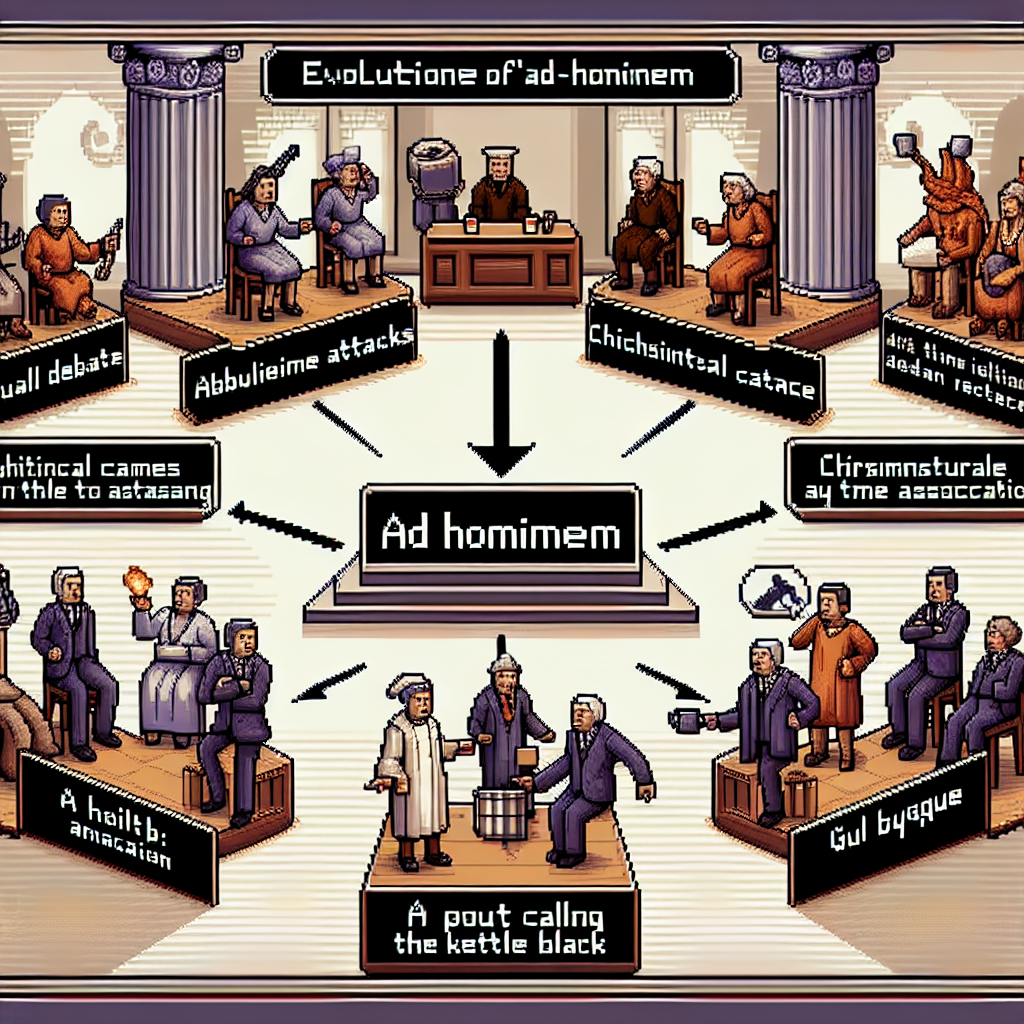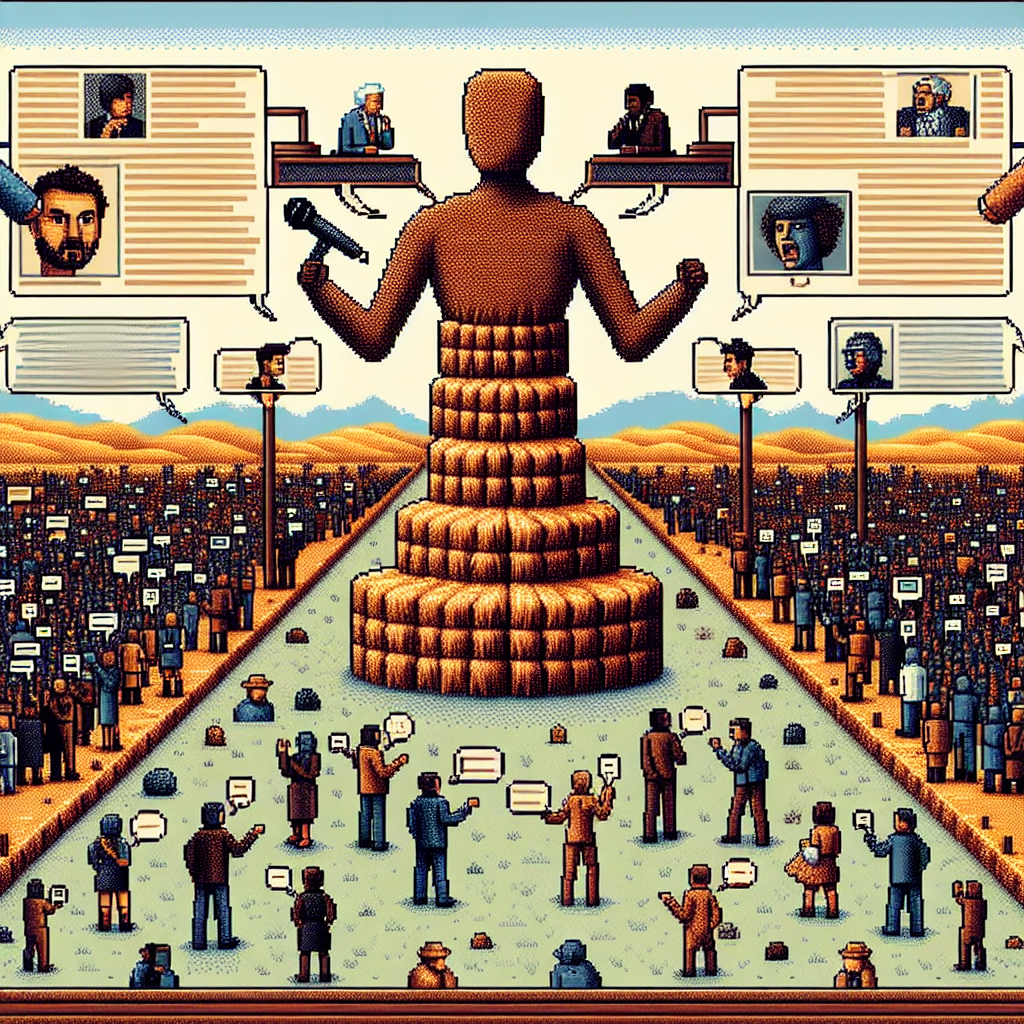Introduction to Recency Bias
Definition of Recency Bias
Recency Bias refers to the cognitive tendency where individuals give greater importance to recent events over historical occurrences. This bias stems from the noticeable impact that recent information often has on human memory and decision-making, overshadowing older data or information.
Importance of Understanding Recency Bias in Decision-Making
Understanding Recency Bias is crucial in decision-making, as it helps individuals and organizations make more balanced decisions. Recognizing this bias allows for a more comprehensive evaluation of events by looking at the bigger picture rather than focusing solely on the latest information. Despite its persistent nature, this awareness serves as a counterbalance, offering a way to mitigate potential errors that arise from prioritizing short-term considerations over long-term trends. Additionally, by grasping this concept, decision-makers can address and adjust for the misconceptions that may arise due to the overpowering influence of recent events. Ultimately, the awareness of Recency Bias paves the way for more informed, strategic, and sustainable decisions.
Recency Bias: The Psychology Behind It
Cognitive Processing and Memory
Understanding Recency Bias requires an exploration of how our brains process and retain information. Human memory tends to prioritize recent experiences, providing a sense of immediacy to events that have just occurred. Additionally, fresh memories are generally more detailed and accessible compared to older ones, which can fade over time. This phenomenon often leads to overemphasis on recent information in decision-making scenarios.
Evolutionary Roots of Favoring Recent Events
The tendency to focus on recent events can be traced back to our evolutionary history. During our early development as a species, paying attention to the most recent events in our environment was crucial for survival. For instance, when encountering immediate threats, it was important to react swiftly to ensure safety. Despite the shift from survival to more complex decision-making processes in modern times, this cognitive bias persists. Understanding these evolutionary roots can help us develop strategies to recognize and combat Recency Bias in our everyday lives.
Recency Bias in Everyday Life
Examples in Personal Decision-Making
In personal decision-making, Recency Bias often leads individuals to overvalue their latest experiences while disregarding older, yet possibly more relevant, information. For example, someone might decide to avoid a particular restaurant simply because of a single recent bad meal, ignoring years of positive experiences. Additionally, this bias can influence life choices, like career decisions, when someone bases their choice solely on their most recent project success, rather than evaluating their overall career path.
Impacts on Financial Decisions and Investment
Recency Bias significantly affects financial decisions and investment behaviors. Investors may prefer stocks which recently performed well, neglecting historical data and potential risks. This behavior persists because recent trends can feel more predictable and safe. However, understanding that past performance is not always indicative of future results helps mitigate such skewed judgments. Similarly, during economic downturns, investors might panic and sell off assets that have recently declined, leading to poor financial outcomes. Despite these tendencies, adopting a more analytical and long-term approach can counteract the impacts of Recency Bias and promote healthier financial planning.
Recency Bias in News Consumption
How Media Outlets Leverage Recency Bias
In the realm of news consumption, Recency Bias plays a critical role in shaping public perception. Media outlets often emphasize recent events over older, yet equally significant, stories. This is because recent news is more likely to captivate audiences and increase engagement. During breaking news situations, headlines are frequently updated to reflect the latest developments. Additionally, networks prioritize current events to generate higher viewership. Despite the importance of historical context, fresh stories usually take precedence.
The Role of Social Media in Amplifying Recent Events
Social media platforms further amplify Recency Bias by continuously presenting users with new content. Because of algorithms designed to prioritize recency, platforms like Twitter and Facebook highlight trending topics. This creates a cycle where recent events are repeatedly pushed to the forefront of public consciousness. Furthermore, the instantaneous nature of social media means information is shared swiftly, often without verification. Additionally, viral posts contribute to the rapid spread of recent news, overshadowing older but relevant information.
Implications of Recency Bias in Business and Marketing
Influence on Consumer Behavior
Recency Bias significantly impacts how consumers perceive and make decisions. Because recent events or advertisements are more vivid and easily recalled, they often outweigh older information in decision-making processes. This can lead consumers to prioritize newer products or services even if older ones are equally beneficial. Despite the fact that some products have a long-standing reputation, consumers may still favor the most recent ones, especially if they have been heavily advertised.
Strategies for Marketers to Address and Utilize Recency Bias
To effectively capitalize on and mitigate Recency Bias, marketers can deploy several strategies. Firstly, they should ensure consistent and strategic communication with consumers throughout a product’s lifecycle. By frequently updating content and maintaining a steady presence, brands can keep their products top of mind. Additionally, implementing remarketing techniques can be highly effective. These involve targeting potential customers who have previously interacted with an advertisement, thus reinforcing recent impressions. Marketers must also focus on creating a memorable brand experience that not only captures immediate attention but also resonates with consumers beyond the initial engagement. By doing so, they balance short-term attention with long-term brand loyalty.
“`html
Recency Bias in Public Decision-Making
Political Decisions and Electoral Outcomes
The influence of Recency Bias on political decisions can be profound. Voters may prioritize the most recent policies or scandals, which could overshadow a politician’s long-term track record. This bias can result in electoral outcomes that reflect short-term gains or losses rather than a comprehensive evaluation of a candidate’s capabilities and achievements. Because Recency Bias clouds judgment, it is crucial for individuals to adopt strategies that enhance their ability to assess information objectively. Fostering a more informed electorate involves encouraging voters to consider the full scope of a candidate’s history, not just their most recent actions.
Impacts on Public Policy and Opinion
During policy formulation, decision-makers might overemphasize recent events and underestimate the importance of historical data and trends. This can lead to policies that are reactionary rather than proactive, potentially neglecting important issues that require sustained attention. Moreover, public opinion might sway in response to the latest news, impacting decisions that require steady and forward-thinking approaches. Therefore, decision-makers should adopt methods to counter Recency Bias, such as integrating long-term data analysis into policy development and encouraging public discussions that focus on balanced viewpoints.
“`
Case Study: Combating Recency Bias in Corporate Decision-Making
Introduction to Recency Bias in Corporate Context
Recency Bias is a cognitive phenomenon where individuals emphasize recent experiences or information when making decisions. Understanding this bias is crucial for businesses, as it can significantly impact strategic decision-making, leading to potentially skewed outcomes.
Challenge: The Impact on Marketing Strategies
Despite having access to comprehensive data, a marketing team at a renowned tech company noticed an unusual focus on the most recent customer feedback, while neglecting past trends. This bias led the team to prioritize recent demands over the long-standing market analysis, causing disruption in product consistency and customer satisfaction. Additionally, their short-term approach to campaigning ignored established patterns, undermining long-term growth.
Solution: Implementing Data-Driven Decision-Making
To mitigate Recency Bias, the company adopted a structured approach to integrate diverse data points. First, they introduced robust data analytics tools that aggregate and analyze customer feedback over time. Additionally, the company emphasized the importance of a balanced perspective, encouraging teams to consider historical data alongside recent information. During strategic meetings, moderators reminded participants to weigh both short-term and long-term data equally, ensuring a more comprehensive understanding of trends.
Results: Enhancing Strategic Clarity
By deliberately confronting Recency Bias, the company witnessed a substantial improvement in their strategic clarity. Marketing strategies became sharper and more aligned with long-term business objectives. As a result, customer satisfaction scores increased, and the brand regained its competitive edge. This case demonstrates that actively recognizing and addressing cognitive biases can lead to more far-sighted and effective decision-making, ultimately benefiting business performance.


